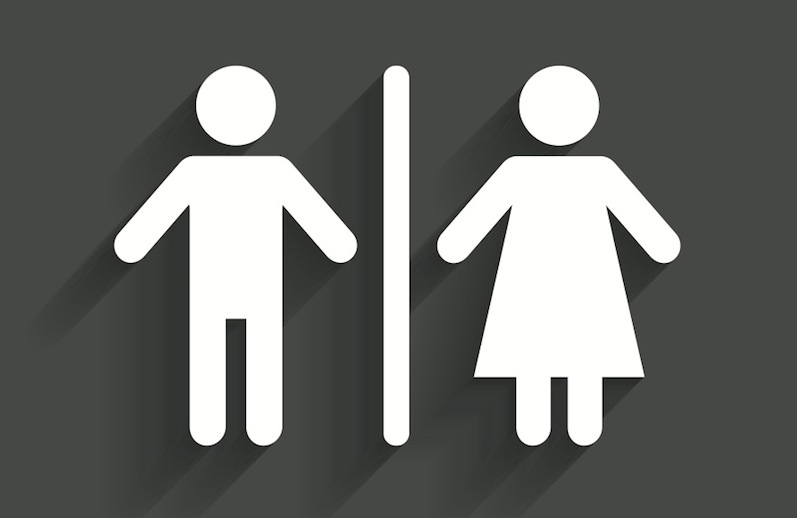Incontinence Is Common Among Older Adults in the US

Among older adults, incontinence, which is the involuntary loss of bladder or bowel control, is a common problem, according to a new report from the Centers for Disease Control and Prevention.
One survey of more than 2,600 adults ages 65 and older conducted between 2007 and 2010 showed more than half of those surveyed reported experiencing urine leakage or accidental bowel leakage. Similarly, a survey of people living in residential care facilities across the country in 2010 found about 40 percent reported experiencing incontinence.
Among long-term residents of nursing homes, a 2009 survey found that 75.8 percent said they were not in complete control of their bladder function or bowel movements, according to the report released today (June 25).
"Bladder and bowel incontinence are conditions affecting older persons that can have serious implications for quality of life, caregiving, and service delivery," the researchers wrote. However, little attention has been given to finding the rate of incontinence among older adults in the U.S., they added.
Incontinence can be difficult to deal with emotionally, the researchers said.
"Individuals who are incontinent may carry an emotional burden of shame and embarrassment in addition to the physical discomfort and disruption of their lives that occur with episodes of incontinence," the researchers said. [Top 10 Stigmatized Health Disorders]
Beyond its effects on the wellbeing of patients, incontinence also presents a financial burden — In the United States, the cost of bladder incontinence among adults in 2000 was estimated at $19.5 billion. The majority of the costs are attributed to resources used for managing incontinence such as absorbent pads and laundry.
Sign up for the Live Science daily newsletter now
Get the world’s most fascinating discoveries delivered straight to your inbox.
In older people, bladder incontinence may be caused by age-related changes or infections in the urinary tract, and conditions such as diabetes, cancer, stroke and cognitive and mobility impairment.
For bowel incontinence, risk factors include chronic diarrhea, inadequate fiber and water intake and chronic constipation, diabetes, stroke, neurologic and psychiatric conditions, as well as cognitive or mobility impairment.
Incontinence can happen to younger people as well. The condition can be caused by urinary tract infections or damage to the nerves or muscles due to surgery, cancer, radiation treatments or childbirth.
Email Bahar Gholipour. Follow Live Science @livescience, Facebook & Google+. Original article on Live Science.










